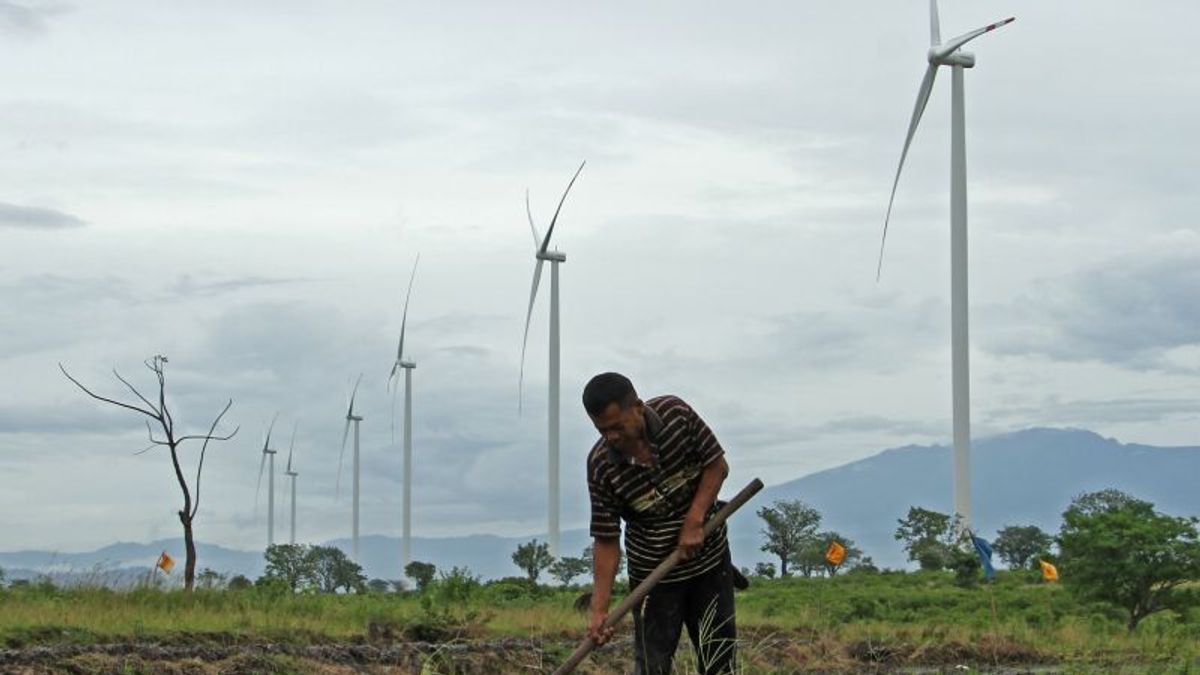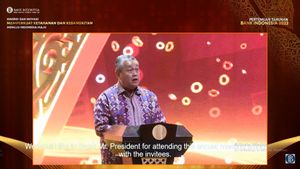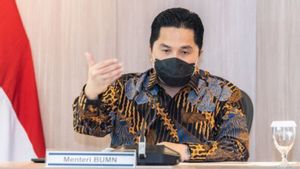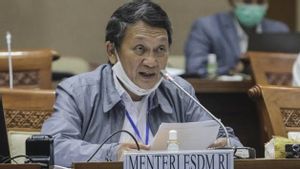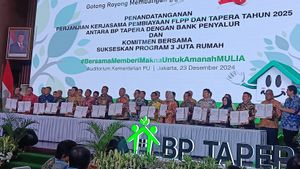JAKARTA - Head of the Center for Energy Studies at Gadjah Mada University (UGM), Sarjiya said one of the effective energy transition strategies in the electricity sector is through electrification sourced from new, renewable energy (EBT).
Sarjiya said the electrification strategy is important to create more demand for electrical energy, so that market opportunities for the use of EBT in the electricity sector are more open.
New and renewable energy in the electricity sector, said Sarjiya, is difficult to enter the community because they are used to using fossil energy in the form of fuel or LPG. After all, the energy supply from existing power plants exceeds capacity and is not optimally absorbed by the community.
Electrification is the process of using electrical energy in activities that previously did not use electricity.
One example is the transition from oil-fueled vehicles to electric vehicles or the use of electric stoves instead of gas stoves.
In Indonesia's efforts to be emission-free by utilizing electrical energy sources, Chairperson Purnomo Yusgiantoro Center (PYC) Filda C Yusgiantoro said that the realization of EBT's contribution to the national energy mix was still below the target set based on the RUEN.
According to him, coal as an energy source for power plants still dominates by 66 percent, natural gas by 17 percent, and NRE by 14 percent.
Before achieving zero carbon emissions in 2060, it is hoped that all electricity supply in Indonesia will be sourced from EBT and will no longer rely entirely on fossil energy.
This can be achieved through the Acceleration Program for Battery-Based Electric Motorized Vehicles (KBLBB), retiring PLTU until 2060 with several regulations, building energy storage from EBT, and carrying out a hydrogen development program as a source of clean energy for the electricity system.
CGEI Founder & Principal Consultant, Bambang Sriyono, conveyed an energy reservoir, which needs to be supported by sophisticated technology, capital, and time, by utilizing sources of electrical energy that have minimal or even no emissions on the side, there are still limitations to capacity and energy output which is not always constant.
The electrification strategy is said to have challenged both technical and non-technical, such as social and political issues.
In the transition from LPG stoves to electric stoves, for example, it is necessary to make electric stove products that are at least as comfortable as current LPG stoves, both in terms of cost and time required for cooking.
"Social issues or habits in this community must be one of the things considered in the electrification program", he said as quoted by Antara, Wednesday, November 30.
In addition, electrification is also related to issues of energy equity and energy security.
On the issue of energy equity, energy should be accessible to anyone and anywhere at an affordable price.
VOIR éGALEMENT:
While energy security means how a nation can be independent in meeting energy needs.
So that it can minimize dependence on energy supplies from other nations.
Thus, the transition from fossil energy to renewable energy can run sustainably.
The English, Chinese, Japanese, Arabic, and French versions are automatically generated by the AI. So there may still be inaccuracies in translating, please always see Indonesian as our main language. (system supported by DigitalSiber.id)
